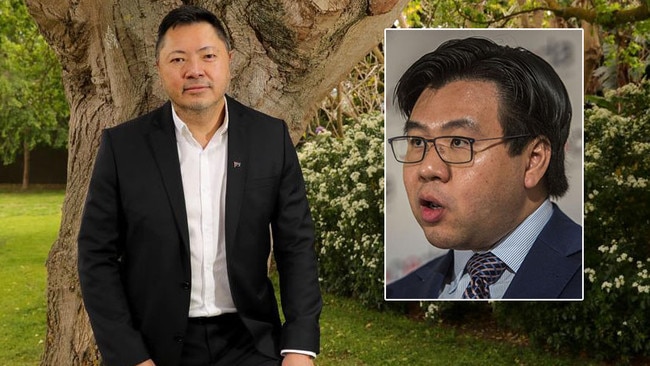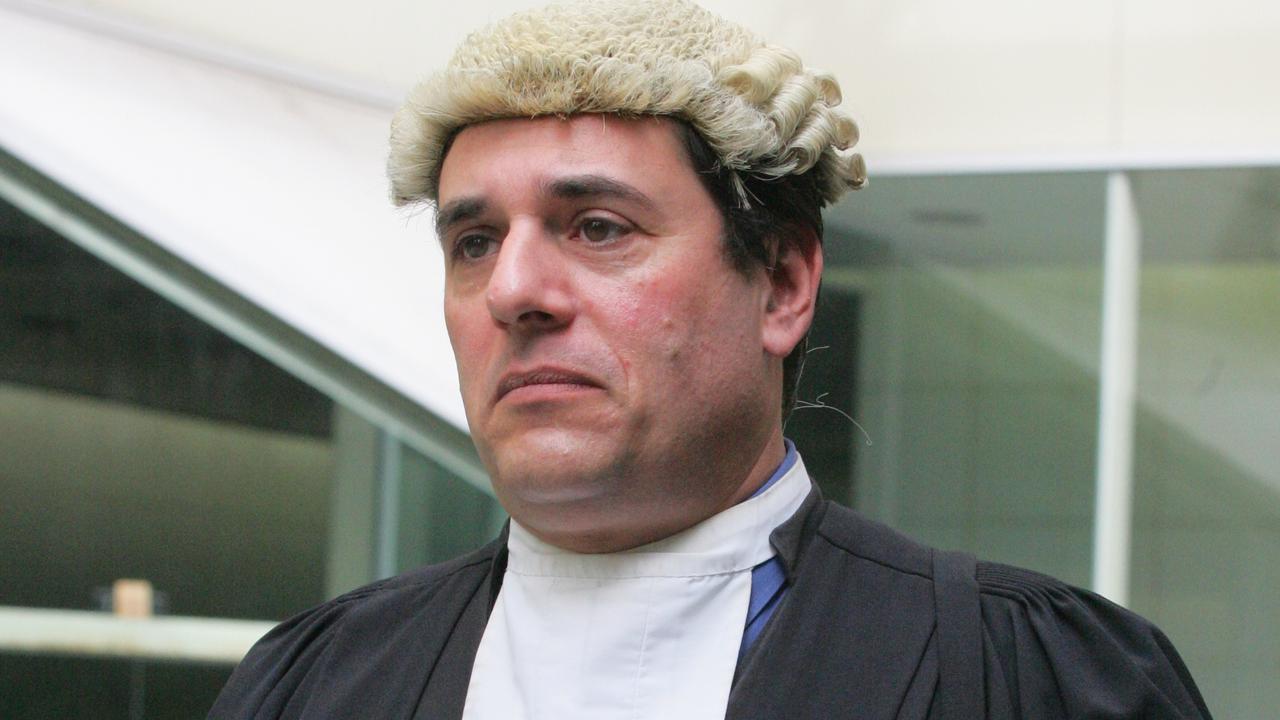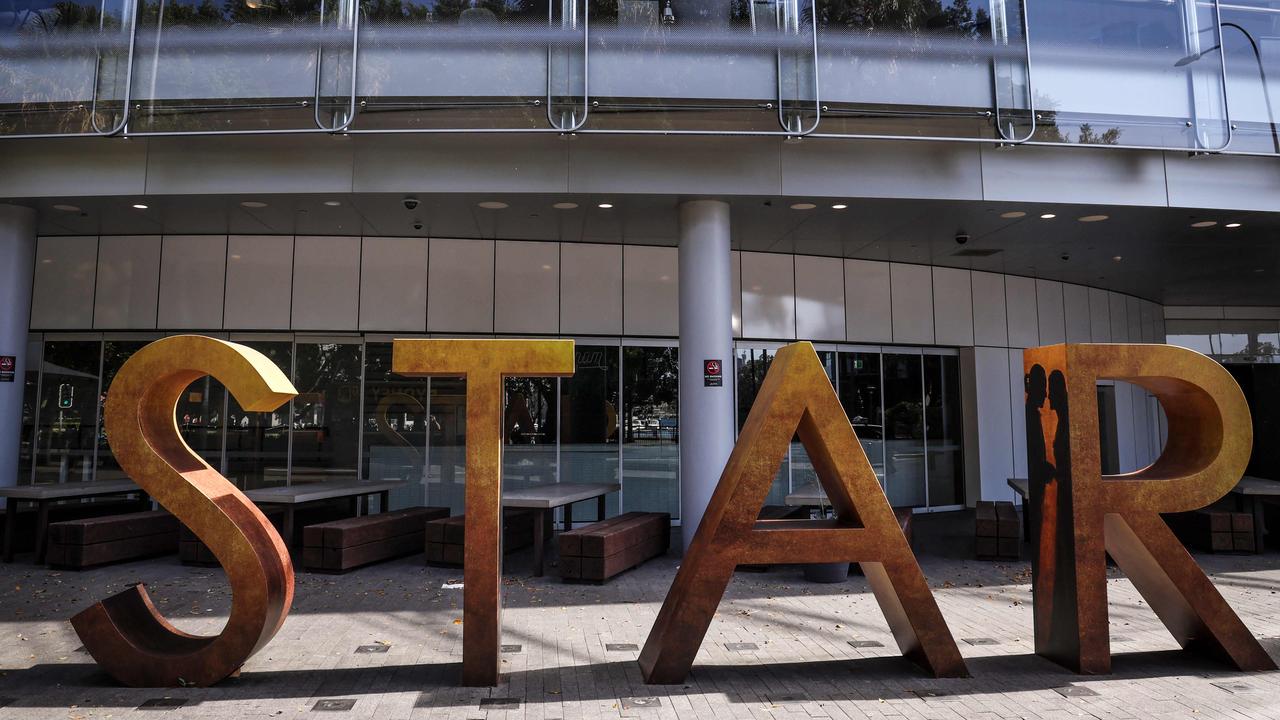Race discrimination chief rejects racism claim
Chin Leong Tan, the new race discrimination commissioner, rejects claims Australia is a racist country and will not use his position to solicit complaints.

The federal government has taken a key step in its realignment of the nation’s human rights watchdog by appointing a race discrimination commissioner who rejects claims that Australia is a racist country and who will not use his position to solicit complaints.
The appointment of lawyer and multicultural expert Chin Leong Tan is part of a major shift in which the government is using appointments to entrench Australian values while working on a wider overhaul of the commission, which could widen its brief to protect religious freedom.
Mr Tan, who takes office on Monday, said his own life experience showed Australia was not a racist country.
“If it was, I wouldn’t be here, mate,” said the Malaysia-born, ANU-educated lawyer, who said he viewed his role as that of a public servant, not a crusader in the media — “though there is a role for that from time to time”.
He believed Australia had been criticised on the issue of race because this country held itself to a higher standard.
“Every country has its racial problems to deal with. I think we have dealt with ours in a very good way in the sense that our system is totally non-discriminatory.”
Attorney-General Christian Porter has told The Australian the position of race discrimination commissioner would have “synergies” with the government’s pending response to the report on religious freedom by former attorney-general Philip Ruddock.
The position had been vacant since August and Mr Porter indicated that the delay had been due to the fact that the government had been considering its response to the Ruddock report. While Mr Tan will hold the title of race discrimination commissioner, the government is considering renaming and redefining the position to give it a broader focus on community relations.
The name change has been suggested by Human Rights Commission president Rosalind Croucher, who was part of the Ruddock inquiry into religious freedom.
Mr Tan’s appointment is the latest step in an overhaul of the commission after it became the focus for criticism under former president Gillian Triggs and former race discrimination commissioner Tim Soutphommasane.
Mr Tan’s elevation is a key government move to restore the standing of the Australian Human Rights Commission as an orthodox public sector agency.
The Attorney-General has long insisted that Dr Soutphommasane’s replacement would have empathy not just for minorities but for mainstream values and would be unlikely to solicit complaints against individuals.
Parliament’s joint committee on human rights called last year for changes to preserve public confidence in the Human Rights Commission after it found Dr Soutphommasane’s remarks about a cartoon in The Australian by the late Bill Leak “could have been perceived by some as solicitation”. Leak died of a heart attack months after the commission had presented him with a complaint under section 18C of the Racial Discrimination Act that was withdrawn before it could be determined. When asked yesterday whether he would solicit complaints, Mr Tan said: “No. I don’t think that’s my role.”
He believed there was no inconsistency between upholding the values of the broader community and welcoming and supporting “communities of diversity”.
“It’s not about protecting any particular group … it’s fundamentally not about race as such but making sure that people, Australians, must have equal rights because of their race.”
He did not believe it was appropriate for people to commonly identify themselves “in terms of the hyphenated cultural background that we come from”.
“My kids are of Chinese extraction but they were born here. They don’t see themselves like, ‘I am Chinese-Australian’. They see themselves as Australian most of the time and that is what they say.
“But when there is a context that comes up, they say they are Australians of Chinese background and it gives them context of their own heritage.
“But I don’t think as a norm we should be identifying ourselves in terms of the hyphenated cultural background that we come from.”
He plans to concentrate on the community’s economic and social advancement, particularly the provision of economic opportunities for new Australians.
“If we can move that opportunity level, I think they would settle quicker and make a contribution,” he said.
“I will be looking at how we can give them opportunities to make it in the financial and social area as well.” Mr Tan said he would also be looking at issues in the workplace and the education sector “but again, economic wellbeing and opportunity — I think that is important”.
Before taking on a series of roles in multicultural affairs, he was a solicitor and partner with several law firms.
When asked to nominate his favourite area of legal practice, he said: “Man, unfortunately you are looking at a Chinese: commercial property.
“It was an area I gravitated to. I tended to enjoy mostly the transactional side, mostly commercial, doing transactions, buying, selling, looking at company issues.”
Mr Tan was one of 53 applicants to replace Dr Soutphommasane. Shortlisted candidates were interviewed in June by a panel of senior public servants and Mr Porter made the final decision.




